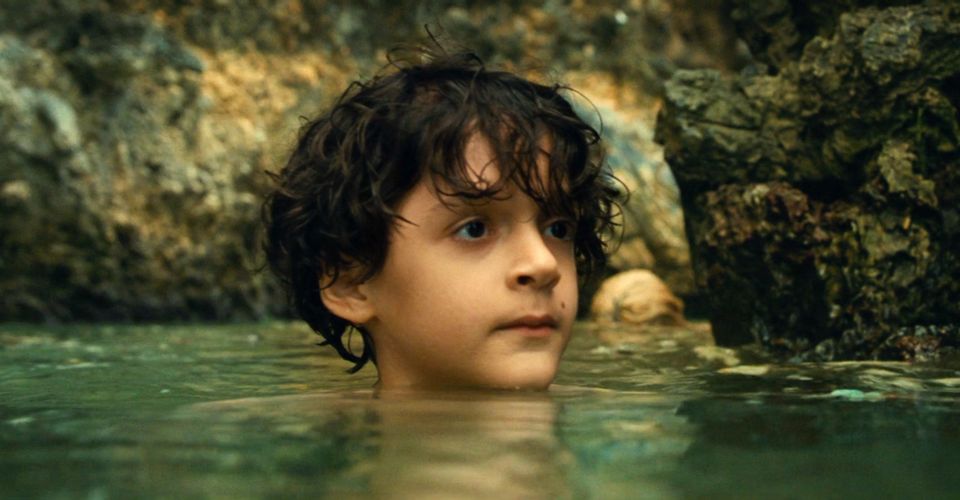Lorelei
by Hope Madden
Dolores (Jena Malone) is a mess. Her past, her present, even her future: a mess. Shacking up with her high school boyfriend – just released from a 15-year stint for armed robbery – hardly seems like it will improve things for Dolores or her three children.
But bubbling beneath the surface of filmmaker Sabrina Doyle’s messy, sometimes frustrating feature debut Lorelei is enough magic to make redemption possible.
It helps immeasurably that Jena Malone plays the single mom who named each of her children after a different shade of blue. Wayland (Pablo Schreiber) had held out a hope that the eldest—a 15-year-old boy named Dodger Blue (Chancellor Perry)—might be his, but the truth is that none of Dolores’s kids are Wayland’s. All three should have been, but Wayland, in his own way, got out and Dolores did not.
Malone’s commitment is mesmerizing. In her hands, Dolores is never one-note white trash, nor is she by any means an example of the noble poor. Instead, she’s all love and resentment, wonder and self-destruction.
Schreiber (Liev’s brother) balances her electricity with quiet awe. He’s a physically imposing presence, especially opposite the petite Malone, but he never falls back on the gentle giant cliche. He fills Wayland’s inner conflict with remorse, loss and tenderness.
Though Dolores’s trio of Blues (Perry, Amelia Borgerding and Parker Pascoe-Sheppard) showcase genuine talent from three young performers, the same can’t be said of the entire ensemble. Many struggle with Doyle’s sometimes stilted dialog and her tendency to toss in minor characters with little purpose but exposition. Between that and the film’s sometimes frustrating structure, Lorelei can be cumbersome.
But there’s no denying the central performances or the beautifully messy image of family the film delivers. Though at its heart Lorelei offers a blue-collar romance, this is less a traditional love story—albeit one on society’s fringes—than a declaration about unconventional families.
In fact, in that way alone Doyle manages to make Lorelei’s flaws work in its favor.














